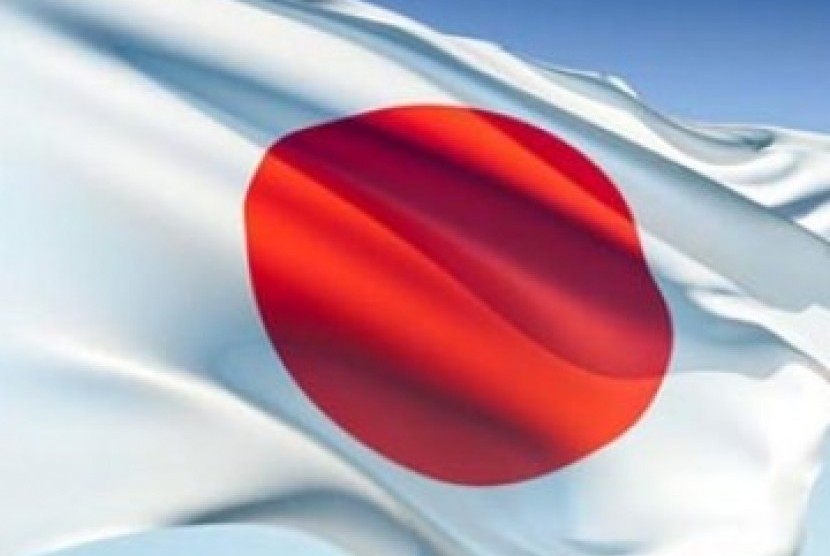REPUBLIKA.CO.ID, MAKASSAR -- At least 50 Japanese people who joined the "Nihonjinkai" community and are living in several districts of South Sulawesi Province, have learnt the culture of the region.
"The Japanese community Nihonjinkai comprises 50 people living in several districts and cities in South Sulawesi," Chairman of the Japanese Committee Harisal Lolo stated here on Wednesday.
The members of Nihonjinkai hold a gathering to celebrate New Year.
The members of Nihonjinkai comprise Japanese citizens and Indonesians who got to married Japanese people.
Yosuke Kojima, one of the members of Nihonjinkai, said he lives in Makassar and works as a computer teacher at the Kartika XX-1 Wirabuana Vocational School.
Another member Abe Haruka works as lecturer at the Makassar Tourism Polytechnic School.
The Nihonjinkai and Japan Lovers' Community organized the Nippon Day event in Makassar on February 20-21, 2016, which featured a theater competition, Japanese culinary arts, manga competition, and acoustic performance.
The community also invited several parties, such as the Japanese consular and JICA.
Indonesia and Japan continue to cooperate in various sectors, including the social and cultural sector.
Earlier, the Agency of Assessment and Application of Technology (BPPT) had cooperated with the Japanese government to conduct a joint assessment and to apply technology to develop anti-malarial and anti-amoeba drug compounds.
The representatives of BPPT and the Japanese government had met at the "Joint Coordinating Committee (JCC) for the Science and Technology Research Partnership for Sustainable Development (SATREPS) Project by Utilizing Diversity of Indonesia Bio-resources (SLeCAMA)" at the BPPT office, which aimed at finding a drug that will be useful in dealing with a broad range of tropical diseases, including malaria.
The joint program named SATREPS, which will be implemented for a five-year period, aims to produce two compounds of anti-malarial and anti-amoeba drugs that can clear the preclinical trials.


